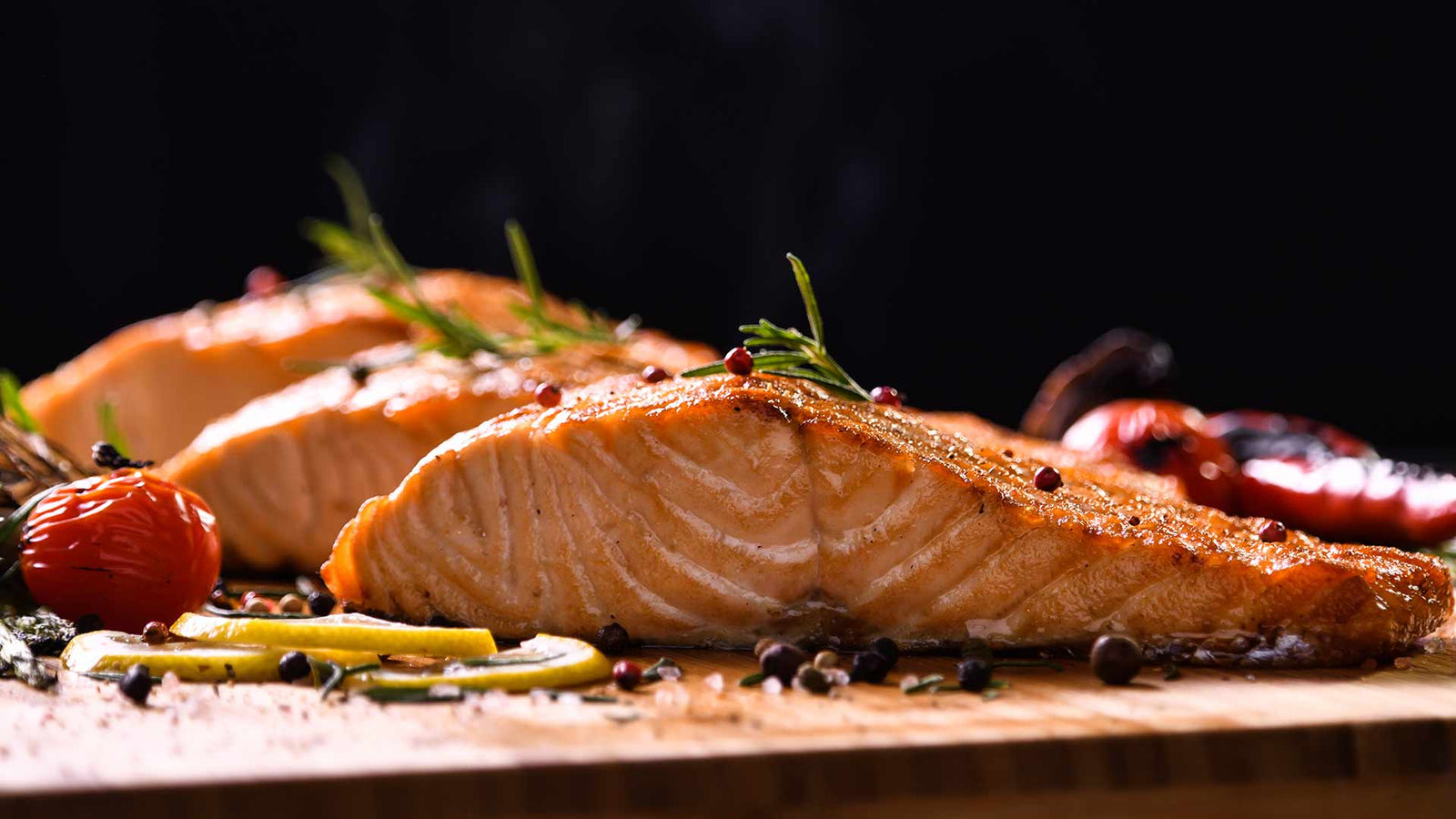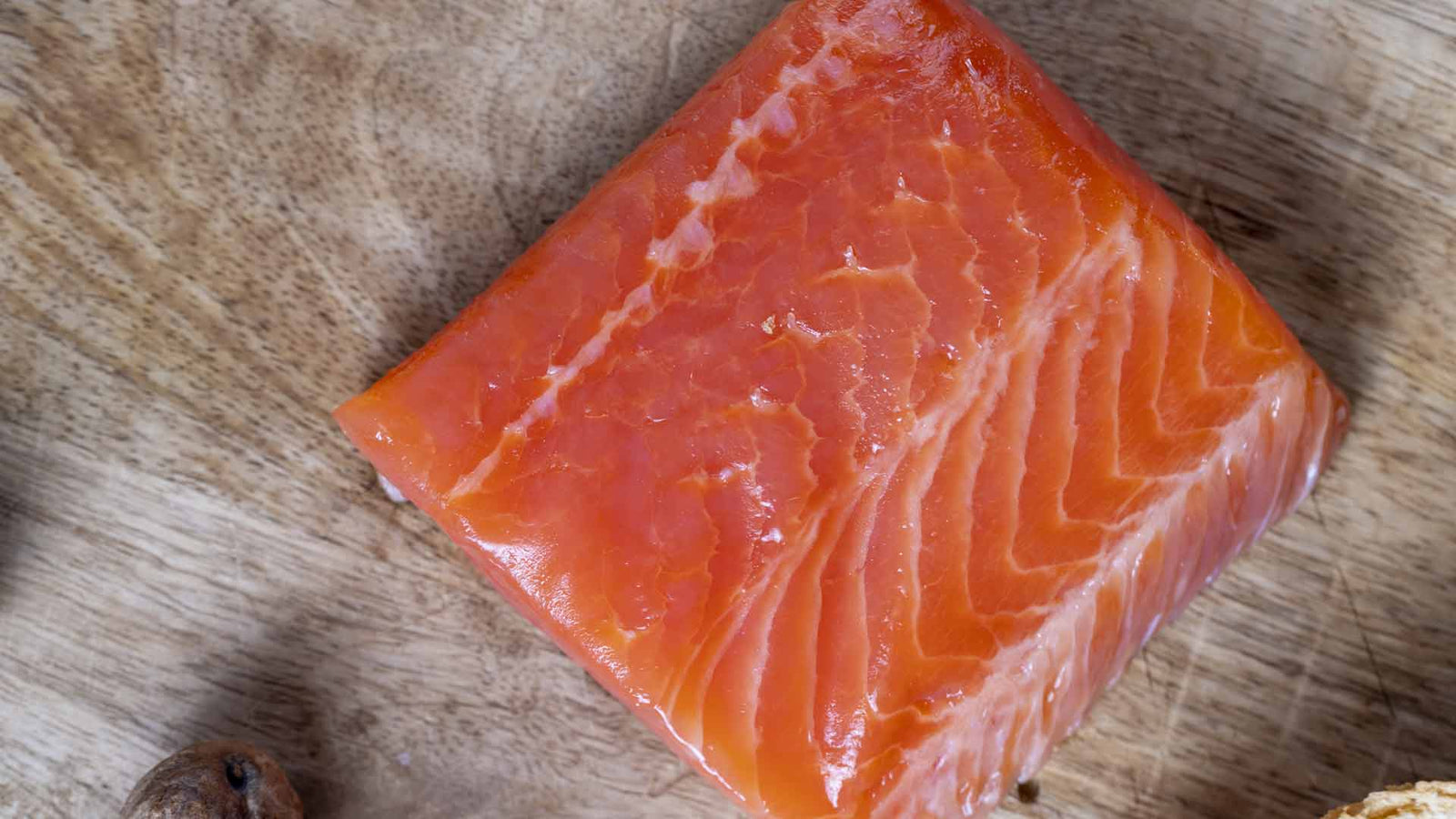
Is it safe to eat salmon when pregnant?
When you learn you're pregnant, you may question which foods are acceptable to eat and which you should avoid. Fish is extremely difficult. It offers many health benefits, and some varieties help ababy's brain develop, but it also has some potential risks, including mercury pollution and foodborne illness.
Wild Alaskan Salmon is a nice option because it has a low mercury content and doesn't have a strong fish flavor that can turn you off if you have food aversions during pregnancy.
Eating Salmon While Pregnant
During pregnancy, eating two to three meals of fully cooked salmon per week is safe and contains various nutrients. "Salmon is a wonderful source ofDHA or omega 3 fatty acids6, which have numerous benefits to the development of the fetus as well as the pregnancy," says Daniel Roshan, MD, FACOG, FACS, a board-certified high-risk maternal-fetal OBGYN in New York City.

"These advantages include a probable favorable impact on neurodevelopment in the fetus and newborn, a reduction in preterm birth, and a possible reduction in pregnancy-induced hypertension."
"Salmon is packed in omega-3 fatty acids, notably two forms, EPA and DHA6, that are extremely crucial for the development of the fetus's brain and eyes," says Rachel McBryan, a registered dietitian in British Columbia.
To be safe during pregnancy, salmon must be properly cooked. "Smoked and raw salmon is not properly cooked and should not be eaten during pregnancy since it can lead to listeria infection," says Dr. Roshan.
Fully cooked salmon is healthy for your unborn child and offers numerous advantages, including brain and eye development. Smoked salmon is unsafe unless it is canned in a shelf-stable manner. In other words, it is not purchased in the store's refrigerated section. Raw salmon is not safe to consume when pregnant. Sticking to two to three portions of properly cooked salmon each week protects your infant from excessive mercury exposure while providing important nutrients.
Salmon's advantages during pregnancy
Salmon has many advantages for a developing baby because it contains docosahexaenoic acid (DHA), an omega-3 fatty acid. "Unless DHA is supplemented, there is a natural decline in DHA levels during pregnancy. As a result, only one-fourth of pregnant women consume enough DHA for the health of their child "McBryan brings this up.
Wild Alaskan salmon may help to,
Lower Postpartum Depression Risk
Promotes Neurodevelopment
Reduce Risk of Pregnancy-Induced Hypertension
Reduce Risk for Preterm Delivery
Precautions for Safety
While salmon contains nutrients that are good for your baby's developing brain as well as your health, there are a few things to remember. To get the omega-3 benefits while limiting mercury exposure, eat your salmon fully cooked and limit your consumption to 4-ounce servings two to three times per week.
Conclusion
Eating salmon while pregnant is a good way to get the DHA your baby requires for brain development.
To reduce the risk of contracting listeria and other food-borne pathogens such as parasites, ensure your salmon is fully cooked. You should also keep track of your total seafood consumption to avoid consuming dangerous levels of mercury while also consuming enough oily fish each week (if you enjoy it).
Sticking to two to three 4-ounce servings of fully cooked salmon per week will provide you and your growing baby with the benefits you need while keeping your baby safe. Always consult a healthcare provider to determine how much fish is safe to consume during pregnancy or if you have any questions about how to prepare it safely.
Consider speaking with a registered dietitian who specializes in prenatal nutrition if you need help figuring out how to incorporate fish into your regular diet or if you have questions about supplements versus fish intake.
You can now buy the premiumWild Alaskan Salmon at the best price. We are also offering5lb packing for local deliveries around Edenton, NC., and Virginia Beach, VA. Local sales that want to use multiple discounts, please contact us directly, we will have to do the order manually, and we do accept cash, check, or card.
We will also be offering 10% to anyone that is currently pregnant and congratulations!!Place your order here.

